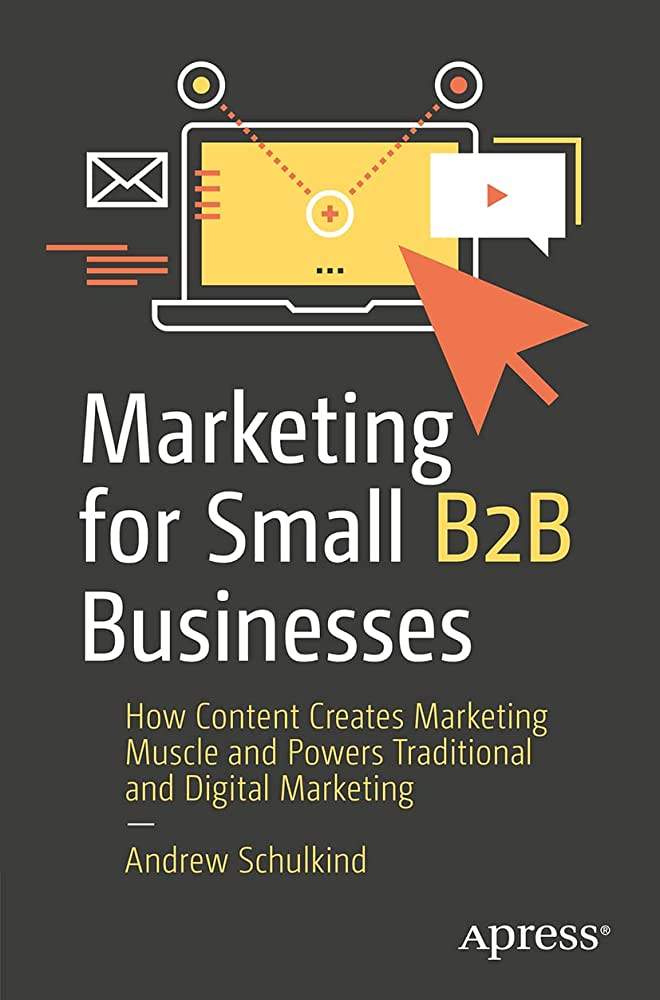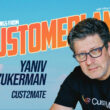Privacy has become a larger and larger issue for marketers as consumers come to realize just how much data the companies we interact with have and know about us.
A less well explored part of the privacy conversation is data rights. As in, you create data as you interact with various companies and the products they’ve sold you. If there’s value in that data – the data is used by the company or sold to someone else – you should be paid some portion of that value since you’re the one who created it.
It’s beginning to feel like that reality is bubbling into the collective conscious here in the U.S. An article earlier this month in the New York Times about automakers sharing driver behavior with their insurance companies is one recent example. (It’s also just the kind of story that gets executives hauled before Congressional committees for a little squirming in their seats as legislators grill them and perform for the cameras.
Outlined in the article is an anecdote about a couple whose car insurance rates rise suddenly and who find that the rate hikes, which were similar across a number of providers, were based on data in their LexisNexis report detailing data about when and how they drove their car. That report was sold to insurers by LexisNexis using data provided by the car manufacture.
Crossing the Line
Surely, these companies must have had the car owners’ permission to gather and sell this data, right?
Yes. We all click the end user license agreement or terms of service or whatever checkbox is standing between us and the product or service we’ve paid for and want to use. And I’m 100% sure that the couple clicked or signed or checked the box that gives the automaker the right to do this because in most cases, there’s no option not to.
I’d also venture a guess that the couple had no idea they’d agreed to this particular kind of data sharing.
How Marketers Can Prepare
My sense is that we are approaching a tipping point on data rights, and that the moral outrage (real or performative) in my imagined Congressional hearings will lead to changes that will trickle down from odious and obvious cases of abuse like the automakers and insurers in the Times article to more benign ways that many marketers use consumer data.
It’s probably premature to batten down the hatches — the storm is still a ways off shore — but it might be a good time to start thinking about the data you collect, how you use it, and what it is worth to you and your marketing team.
Without firm knowledge of your data’s value, you may find yourself scrambling to determine how much you can afford to pay your clients and customers for the information that has been powering your marketing.
Creators Are Already Being Paid for Their Data
If you’re tempted to dismiss the scenario I’ve painted as alarmist, you’ll be interested to learn that there are already data rights platforms, like Bluenumber, acting as intermediaries between workers and a range of outside organizations with an interest monitoring working conditions, ethical subcontracting, and other supply chain issues.
(Disclosure: I am an informal advisor to an initiative related to Bluenumber.)
In an ideal world, consumers would be paid in cash for the value of their behavior data. I would imagine, though, that lobbying pressure will be brought to bear on legislators to allow payment in the form of frequent flyer-type programs and other discounts of far more limited value.
Either way, marketers will be paying for the data we’ve come to rely on and we will have to work out how to compensate data creators – our clients – fairly if we are going to continue to power our marketing with the insights their data provides.
Occasional large-scale changes can re-invigorate a marketing plan that’s beginning to falter and can provide a blast of inspiration that ripples out through the rest of your marketing.
By the way, if you’re interested in hearing some of my podcast and radio appearances, you’ll find a few of them listed on the Andigo website.

Photo by Felix Mittermeier on Unsplash













